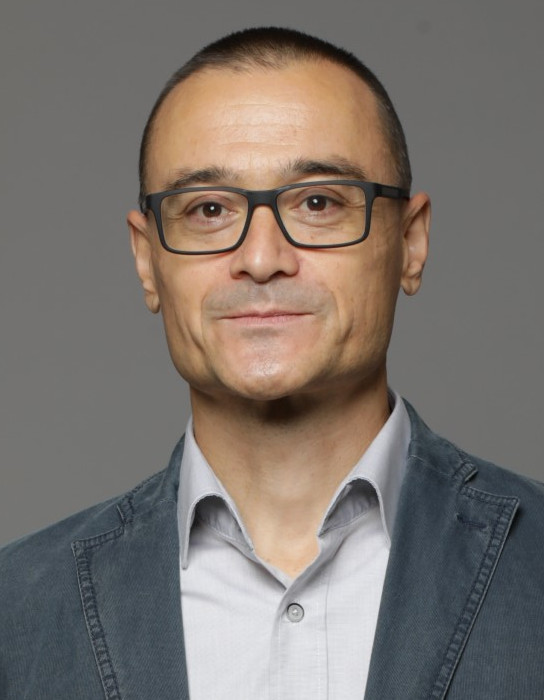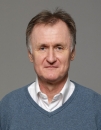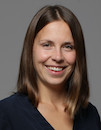Laboratory of Electronic and Computer Engineering 2
Data is displayed for academic year: 2023./2024.
Laboratory exercises
Course Description
The purpose of the course is to give students the practical knowledge in analysis and design of electronic instrumentation systems as well as analysis, modeling and simulation of data transmission systems using Matlab. The course offers implementation of the concepts and tools that are taught in Electronic Instrumentation through design examples with real devices, as well as an individual hands-on experience about the concepts that are taught in the course Signal Processing in Communications.
Study Programmes
University graduate
[FER2-HR] Electronic and Computer Engineering - profile
(2. semester)
General Competencies
Ability to design, develop, test, evaluate and document an instrumentation system. Skills in programming within Matlab environment, especially using Simulink toolbox. Ability to analyze, model and simulate behavior of data transmission systems. Practical knowledge about lower layers of communication systems.
Learning Outcomes
- analyze impacts of imperfections of the analog components and noise on the accuracy of the measurement channel
- develop electronic measurement systems for measurement of very low DC voltages
- develop electronic measurement system for measurement of very low AC voltages
- combine methods for signal extraction from noise
- analyze the effects of real-world parameters of analog subsystems in communication systems
- develop various parts of communication systems, for example filters, Hilbert transformers, multipliers, decimators, interpolators, modulators and demodulators, frequency synthesizers
- develop behavioral model of software defined radio receiver in Matlab environment
- assemble implementation models of software defined radio receivers on platforms containing DSP processors or application specific integrated circuits (ASIC)
Forms of Teaching
Lectures
-
Exams-
Laboratory Work-
Experimental Exercises-
Consultations-
Grading Method
| Continuous Assessment | Exam | |||||
|---|---|---|---|---|---|---|
| Type | Threshold | Percent of Grade | Threshold | Percent of Grade | ||
| Laboratory Exercises | 0 % | 50 % | 0 % | 0 % | ||
| Mid Term Exam: Written | 0 % | 25 % | 0 % | |||
| Final Exam: Written | 0 % | 25 % | ||||
Week by Week Schedule
- Introduction.
- LabVIEW, low DC voltage measurement.
- Voltage references.
- Auto-zero amplifiers, chopper amplifiers.
- Programmable amplifiers.
- Wien oscillator, RMS value measurement.
- Lock-in amplifier, electroinductive method for flow maesurement.
- Midterm exam.
- Analysis of continuous-time signals using discrete Fourier transform. Design of filters with real and complex coefficients. Design of Hilbert transformers.
- Modulation of amplitude. Generation of complex envelope of amplitude modulated signals.
- Modulation of angle. Generation of complex envelope of phase and frequency modulated signals.
- Modelling of analog transmission systems in Matlab environment.
- Modelling of software defined radio receivers in Matlab environment.
- Digital communication systems. Baseband transmission of pulses. Performance measuring of transmission systems.
- Final exam.
Literature
Tihomir Marjanović, Vedran Bilas (2010.), Elektronička instrumentacija - laboratorij profila, FER
Goran Molnar, Mladen Vučić (2009.), Obrada signala u komunikacijama - laboratorij profila, FER
For students
General
ID 35233
Summer semester
3 ECTS
L0 English Level
L1 e-Learning
15 Lectures
0 Seminar
0 Exercises
30 Laboratory exercises
0 Project laboratory
0 Physical education excercises
Grading System
88 Excellent
75 Very Good
62 Good
50 Sufficient


 Pristupačnost
Pristupačnost




